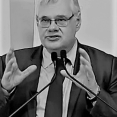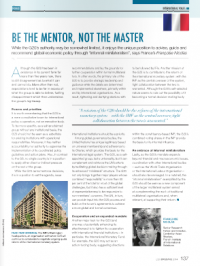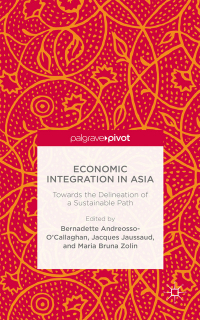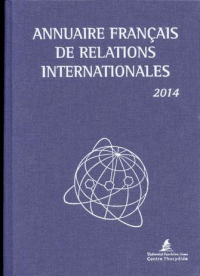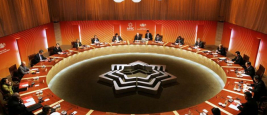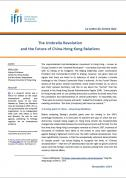
Asia

Asia is now a nerve center for global economic activity and a theatre of some of the most critical political and security developments of our time. The Center for Asian Studies provides documented expertise and a platform of discussion on Asian issues that seeks to accompany decision makers and explain and contextualize developments in the region for the sake of a larger public dialogue.
Ifri's Center for Asian Studies’ research is organized along three major axes: regionalism and intra-regional relationships in Asia; relations between Asia’s major powers (China, Japan, India) and the rest of the world; and internal political, economic and social dynamics of Asian countries. This research focuses primarily on China, India and Japan, but also increasingly covers the Korean peninsula, Southeast Asia, the Pacific Islands and the Indo-Pacific Strategies.
The Center organizes closed-door roundtables, expert-level seminars and a number of public events, including an Annual Conference, that welcome experts from Asia, Europe and the United States. The Center’s researchers regularly participate in international conferences, particularly in Asia. Their work, as well as that of their partners, is regularly published in the Center’s electronic journal Asie.Visions.
Research Fellow, Head of Japan Research, Coordinator of the Program on Pacific Islands,
...
Research Fellow, Center for Asian Studies
...Advisor to the Program on Pacific Islands, Center for Asian Studies
...Senior Advisor, Center for Asian Studies
...Associate Research Fellow, Center for Asian Studies
...Although the Greater China region is often said to constitute an increasingly well-structured economic player, a systematic analysis of intra-regional interactions is not readily available. This chapter seeks to fill this gap.
The East Asian region has long been characterized by its informal structure. Strong economic integration, backed by dense intra-regional trade, has never been accompanied by regional institutional commitments. At the end of the 1990s, there was a vague desire to institutionalize the region,...
Asia is now a nerve center for global economic activity and a theatre of some of the most pressing security concerns of our time. So important has Asia become to global affairs today, and ostensibly for the decades to come, that many have already dubbed the 21st Century as the “Asian Century”....
The Indian People’s Party (BJP) coming to power in the 2014 legislative elections raises many questions about the country’s governance.
In March 2011, after a half-century of relative isolation and autocratic military rule, Myanmar took the world by surprise in announcing an unexpected political transition. Less than two years later the emergence of aggressive Buddhist nationalism grabbed the spotlight. The epidemic of...
In this article, Willy Lam argues that the events of recent weeks represent a turning point in China-Hong Kong relations. The author analyses the multiple facets of the movement in Hong Kong and Beijing's response.
The March 2011 accident at the Fukushima Daiichi Nuclear Power Station turned Japan’s energy policy on its head, shedding a harsh new light on Japan’s energy policy and power supply system, and throwing into relief six major problem areas that had largely escaped scrutiny before the disaster.<...>
The strategic position and economic value of hundreds of small islands in the South China Sea have provoked claims of sovereignty from most of the neighboring states.






